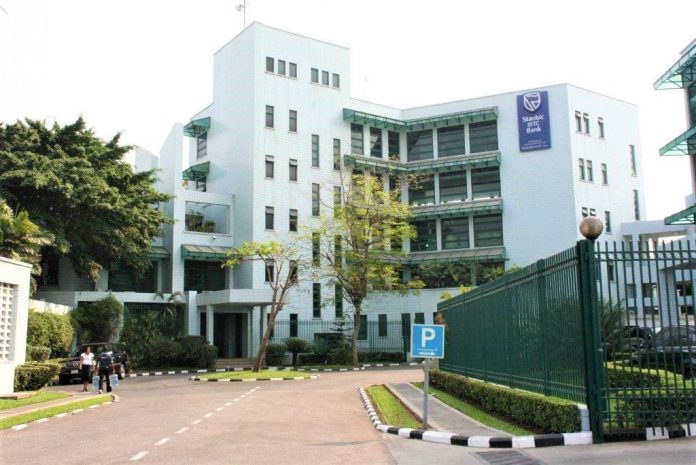The recovery in the Nigerian private sector gathered strength in March, with output, new orders and employment all increasing to greater degrees than in February. Firms were helped to some extent by softening inflationary pressures, with input costs increasing at the slowest pace since May 2023.
The headline figure derived from the survey is the Purchasing Managers’ Index™ (PMI®). Readings above 50.0 signal an improvement in business conditions on the previous month, while readings below 50.0 show a deterioration.
The headline PMI posted 54.3 in March, up from 53.7 in February and above the 50.0 no-change mark for the fourth consecutive month. Moreover, the latest improvement in business conditions in the private sector was solid and the most marked since the start of 2024.
Central to the latest strengthening in the health of the private sector was an improving demand climate. This helped lead to a fifth successive monthly expansion of new orders in March. Moreover, the pace of increase was sharp and the fastest in 14 months.
In turn, the pace of output growth also quickened at the end of the opening quarter. Here too, the latest rise was the sharpest since January 2024. Output expanded across all four sectors covered by the report.
Increases in new orders and output requirements encouraged companies to expand their staffing levels and purchasing activity accordingly. A modest rise in employment was nonetheless the most marked in seven months, while input buying was up sharply.
Higher purchasing activity fed through to rising stocks of inputs, with companies looking to build inventories in line with current and future business needs. Some firms also took advantage of softer price inflation to stockpile inputs.
Although overall input costs continued to rise sharply, the pace of inflation eased for the fifth month running and was the slowest since May 2023. Both purchase prices and staff costs increased at slower rates at the end of the opening quarter of the year.
In turn, companies also posted a softer increase in selling prices in March. Here too the pace of inflation was the least marked since May 2023.
Meanwhile, suppliers’ delivery times continued to shorten, with improved vendor performance linked to prompt payments and good road conditions. Lead times shortened solidly, albeit to a lesser extent than seen in February.
Although rates of expansion in output and new orders quickened in March, companies were less optimistic regarding the 12-month outlook for business activity. Confidence was at a three-month low and weaker than the series average. Those firms that predicted a rise in output linked this to planned advertising, as well as business investment and the opening of new branches.













